Episodes
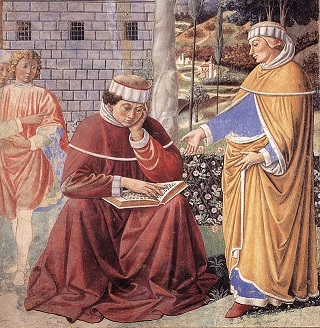
Tuesday May 16, 2017
Books, Reading, and Changed Lives with Fr. Robert Sirico
Tuesday May 16, 2017
Tuesday May 16, 2017
It was the 1970s and the young radical noticed the politically conservative bumper stickers on the car of a new acquaintance and an argument began immediately. It was hot and heavy until the radical’s new friend stopped and said, “You are delightfully dumb. I am going to undertake the task of educating you.”
The “delightfully dumb” radical is known today as Fr. Robert Sirico, a Catholic priest and president and founder of The Acton Institute. The story of how a ‘70s radical became a stalwart defender of Christian truth and economic liberty involves a huge pile of book.
Fr. Sirico, our guest on this podcast, was the commencement speaker at Wyoming Catholic College this past weekend
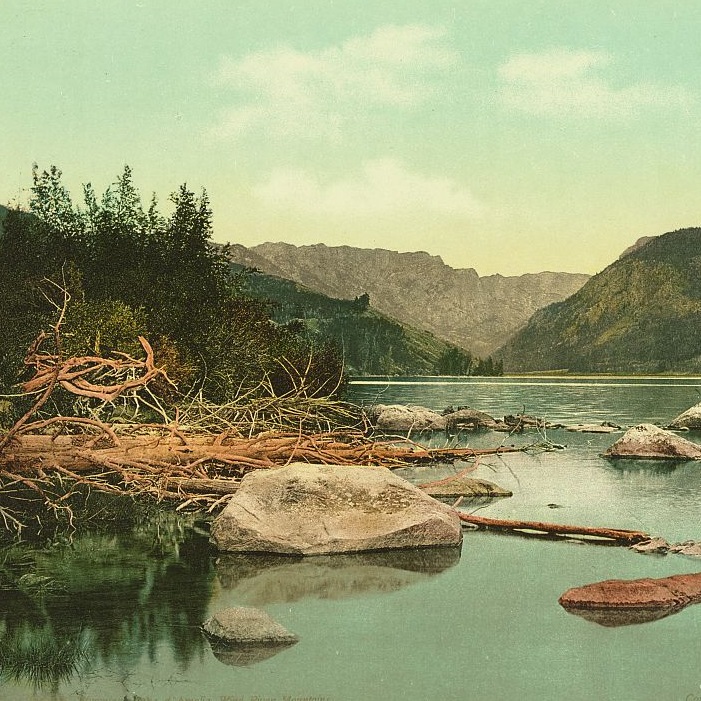
Monday May 08, 2017
Monday May 08, 2017
You may already be aware that Wyoming Catholic College freshmen begin their four-year journey into the Liberal Arts with a twenty-one day journey into the Wyoming Wilderness. What you may not know is that the freshman expedition is an integral part of their liberal arts education. It prepares them intellectually and spiritually for their studies.
Immersed in the natural world, they gaze at the stars, they marvel at speckled trout, they grasp stony crags at the summit of mountains topping 12,000 feet, they look into the faces of wildflowers, and they shudder at the voice of the thunder. Through it all, the feeling of awe, of wonder grows and with it the desire to know.
To talk about why encountering nature is so vital in a Liberal Arts education, we are joined by Dr. Stanley Grove, Assistant Professor of Philosophy. Dr. Grove in addition to being a great outdoorsman himself spends hours in the woods and meadows around Lander teaching field science.
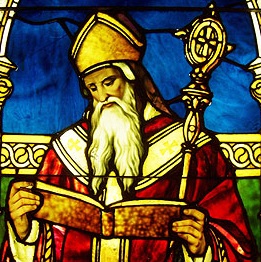
Tuesday May 02, 2017
Take Up and Read: St. Augustine's On Christian Doctrine with Dr. Kent Lasnoski
Tuesday May 02, 2017
Tuesday May 02, 2017
In On Christian Doctrine, St. Augustine of Hippo (AD 354-430) offers a guide for interpreting and expounding Scripture. “There are certain precepts for treating the Scriptures,” he wrote, “which I think may not inconveniently be transmitted to students, so that they may profit not only from reading the work of expositors, but also in their own explanations of the sacred writings to others.”
That is, he produced a practical guide with rules for interpreting the Bible and for explaining the Bible to other people.
Freshmen at Wyoming Catholic College have been reading On Christian Doctrine and their professor, Dr. Kent Lasnoski who is our guest on this podcast.
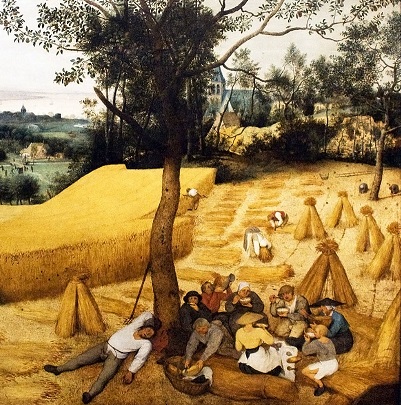
Tuesday Apr 25, 2017
The Splendor of Imagination with Dr. Glenn Arbery
Tuesday Apr 25, 2017
Tuesday Apr 25, 2017
Wyoming Catholic’s founding document, our “Philosophical Vision Statement,” talks a great deal about the imagination. “The College will,” it states, “seek to educate the whole person—the mind, heart, and imagination.”
Imagination is vital because it is the way we see the world around us, the way we image reality before we even think about it. As American humorist Mark Twain observed, “You can’t depend on your eyes when your imagination is out of focus.” Fortunately our imaginations are not fixed, but can be properly focused for the good through worship, through study and community, and through encountering the beauty and power of Creation.
To talk about imagination and how we form Catholic imaginations in ourselves, in our students, and in our children, we have with us Dr. Glenn Arbery, President of Wyoming Catholic College.
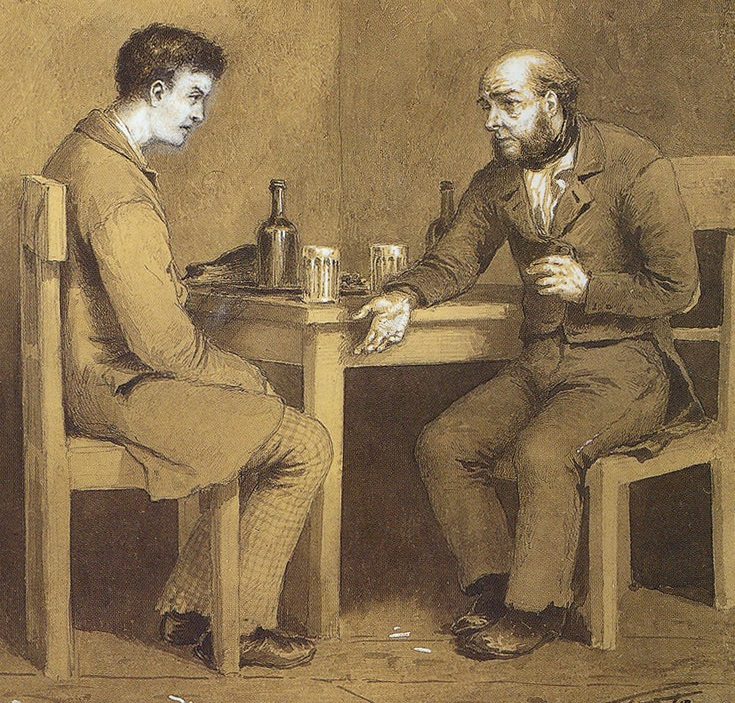
Tuesday Apr 11, 2017
Tuesday Apr 11, 2017
“What do you think, would not one tiny crime be wiped out by thousands of good deeds?” asks a student as he considers murder as a road to justice. If one death could mean liberation for many, why not kill? For him it's just a hypothetical question, but at a nearby table Radion Raskolnikov listens, takes in the argument, and later kills.
In Crime and Punishment, Fyodor Dostoevsky considers what happens after the blood is shed: the confusion, the remorse, the justifications, the anguish, and finally in Raskolnikov's case redemption. Dr. Thaddeus Kozinski, Academic Dean and Associate Professor of Philosophy and Humanities here at Wyoming Catholic College has been reading Crime and Punishment with our senior class. Inthis podcast, he shares his and their insights into this exploration of the human heart.
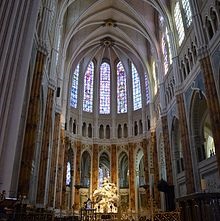
Tuesday Apr 04, 2017
Gothic Cathedrals: The Architecture of Contemplation with Dr. Jason Baxter
Tuesday Apr 04, 2017
Tuesday Apr 04, 2017
Gothic cathedrals are certainly wonders of architectural imagination and engineering ingenuity. But, according to Dr. Jason Baxter, Wyoming Catholic College’s Assistant Professor of Fine Arts and Humanities they are far more than that.
"The Gothic Cathedral," says Dr. Baxter, "is architecture of contemplation. Born in the great age of the masters of the interior life, the cathedral gave physical shape to contemplation, but it also invited it, incited it, evoked it, performed it within. In a word, it created silence, a richness of experience that is wordless only because it is too deep for words."
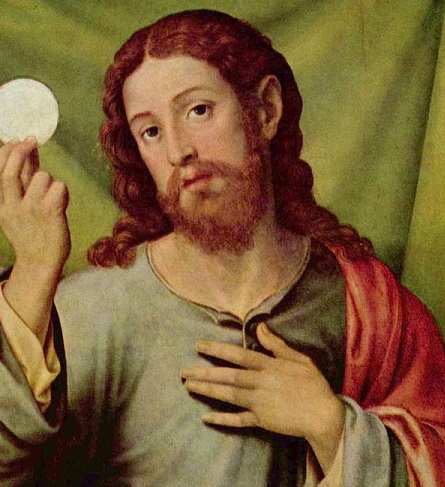
Tuesday Mar 28, 2017
Sacred Signs: On the Physical Side of Being Spiritual with Dr Kent Lasnoski
Tuesday Mar 28, 2017
Tuesday Mar 28, 2017
“The liturgy,” wrote Fr. Romano Guardini, “is not a matter of ideas, but of actual things, and of actual things as they now are, not as they were in the past.” In order to understand the liturgy, he went on, we need to “discern in the living liturgy what underlies the visible sign, to discover the soul from the body, the hidden and spiritual from the external and material.”
Guardini was one of the towering Catholic intellectuals of the twentieth century and a major influence on the thinking of Pope Benedict XVI, Pope Francis, and philosopher Josef Pieper. Yet in 1911, Guardini, for all his erudition, wrote a little book entitled Sacred Signs in which he gently and simply explained this connection between the material stuff of the Mass and the inner world of the spirit.
Dr. Kent Lasnoski, Assistant Professor of Theology at Wyoming Catholic College, received his Ph.D. from Marquette University, where he studied the theology of marriage and sexual ethics, that is, things both spiritual and physical. He has been teaching Guardini’s Sacred Signs to our freshmen and shares both his own and his students insights on the physical side of spirituality.
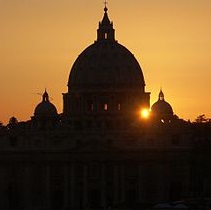
Tuesday Mar 21, 2017
The Pope, Authority, and “Religious Assent” with Dr. Jeremy Holmes
Tuesday Mar 21, 2017
Tuesday Mar 21, 2017
It’s a terribly misinformed, but common anti-Catholic trope: “Catholics,” it is said, “have to believe everything the pope says.”
Catholics do not have to believe “everything the pope says.” But, on the other hand, the Church teaches in Lumen Gentium, Vatican II’s Dogmatic Constitution on the Church, “In matters of faith and morals, the bishops speak in the name of Christ and the faithful are to accept their teaching and adhere to it with a religious assent.” So while we don’t have to believe “everything the pope says,” when he teaches us as pope, Catholics are conscience bound, to accept his teaching and adhere to it with “a religious assent.”
What does that mean on a practical level as we hear or read papal sermons, encyclicals, exhortations, and other writings? What if we sincerely disagree with him? How do we sort it out?
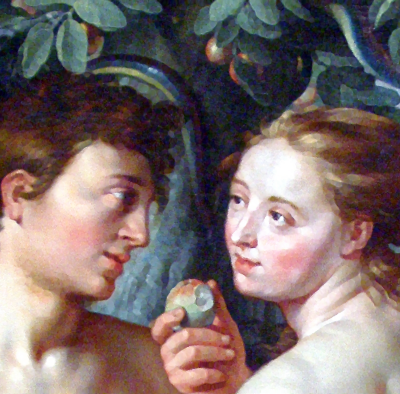
Tuesday Mar 14, 2017
Paradise Lost: A Conversation with Dr. Glenn Arbery
Tuesday Mar 14, 2017
Tuesday Mar 14, 2017
John Milton’s Paradise Lost spans all of history from the fall of Satan and his angels to the creation of Adam and Eve, to the fall of man, to the cross of Christ, to the Second Coming. In A Preface to Paradise Lost, Milton scholar C. S. Lewis wrote, “Paradise Lost records a real, irreversible, unrepeatable process of the history of the universe; and even for those who do not believe this, it embodies…the great change in every individual soul from happy dependence to miserable self-assertion and thence either, as in Satan, to final isolation, or, as in Adam, to reconcilement and a different happiness.”
This week's guest, Wyoming Catholic College president Dr. Glenn Arbery, has taught Paradise Lost for many years and is currently working through the poem with our juniors.
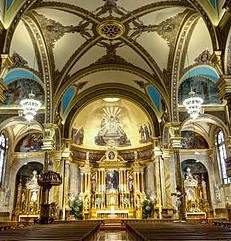
Tuesday Feb 28, 2017
Silence and Sacred Space
Tuesday Feb 28, 2017
Tuesday Feb 28, 2017
We live, as many have commented, in a noisy world. Yet the great saints are unanimous about the need for silence if we are going to love God and our neighbors. St. Teresa of Calcutta, for example, said, “We need to find God, and he cannot be found in noise and restlessness. God is the friend of silence. See how nature - trees, flowers, grass- grows in silence; see the stars, the moon and the sun, how they move in silence... We need silence to be able to touch souls.”
On March 10-11, Wyoming Catholic College will host “Silence And Sacred Space: A symposium on silence in the modern world” at St. John Cantius Church in Chicago. The speakers will be college president Dr. Glenn Arbery, Associate Professor of Humanities Dr. Virginia Arbery, and Assistant Professor of Fine Arts and Humanities Dr. Jason Baxter.
In anticipation of the event, Dr. Virginia Arbery was interviewed by Patrick McCormick on Relevant Radio in Chicago. Relevant Radio (relevantradio.com) was kind enough to give us permission to rebroadcast that interview in this podcast.

